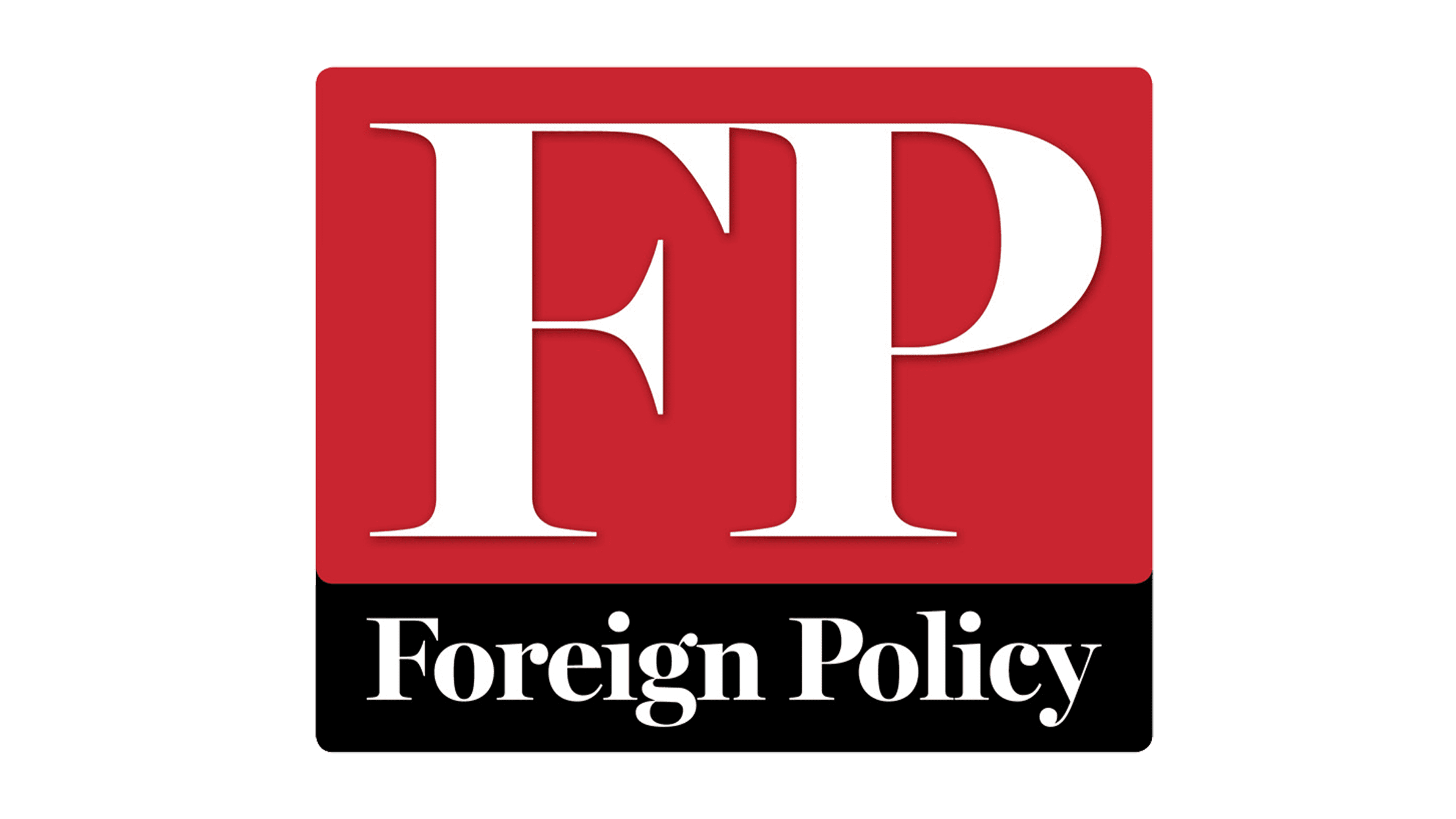by Michael Kugelman, Foreign Policy’s South Asia Brief, Washington, DC, September 11, 2024
Sri Lanka is gearing up for a presidential election on Sept. 21. The Sri Lankan presidency is a powerful post, not a ceremonial one. The race is essentially between three leaders: current President Ranil Wickremesinghe; Sajith Premadasa, a former Wickremesinghe ally who formed his own party; and Anura Kumara Dissanayake, whose anti-corruption messages resonate with young Sri Lankans.
 Namal Rajapaksa—a member of the family dynasty that dominated Sri Lankan politics for years until his uncle, former President Gotabaya Rajapaksa, resigned in 2022 following mass protests—is also a presidential candidate.
Namal Rajapaksa—a member of the family dynasty that dominated Sri Lankan politics for years until his uncle, former President Gotabaya Rajapaksa, resigned in 2022 following mass protests—is also a presidential candidate.
The election will be a referendum on two main issues: Wickremesinghe’s handling of the economy, which has rebounded since a debt default in 2022 but remains fragile, and broader views of Sri Lankan politics. Many Sri Lankans want to move away from the family-driven politics of the Rajapaksas—a sentiment that disadvantages Wickremesinghe, who is close to the family and served out the remainder of Gotabaya Rajapaksa’s term.